Core Routines -- The Value of Wandering and Free Play in Nature
“For me sitting still is harder than any kind of work.” – Annie Oakley
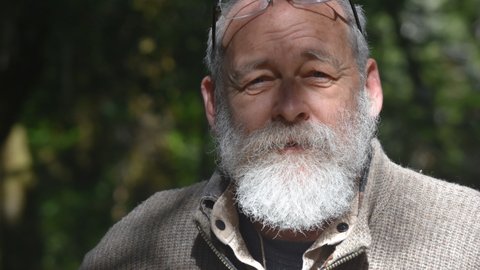 ,
,My 2 Cents
Dr. Stuart Brown says humor, games, roughhousing, flirtation, and fantasy are more than just fun. Plenty of play in childhood makes for happy, smart adults – and keeping it up can make us smarter at any age.
Yes, a happy adult that can problem solve is the outcome for a childhood filled with undirected free play.
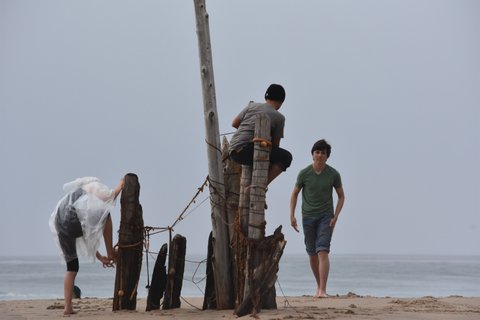
According to the work of Robert Ditter, Ph.D., in a week a child will, on average, have less than 15 minutes of truly undirected unstructured free play. Please note that free time to play a computer game or board game is not undirected free-play. In today’s world of standardized testing, TV, organized sports, electronic toys, helicopter moms and teachers, children have very little time for just being kids and engaging in real self-directed free play, to enjoy rough and tumble play.
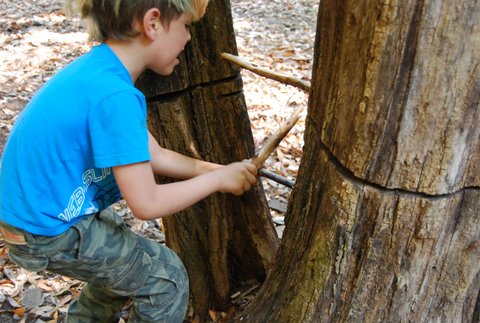
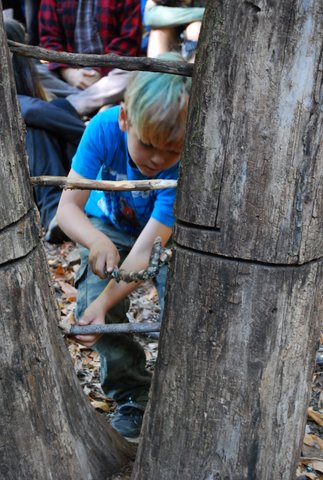
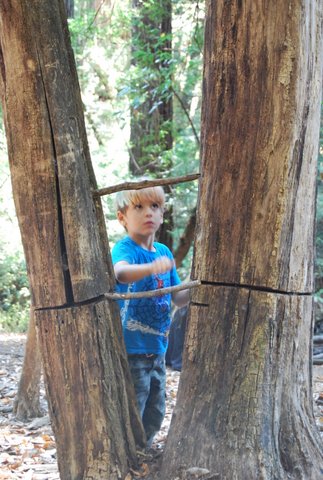

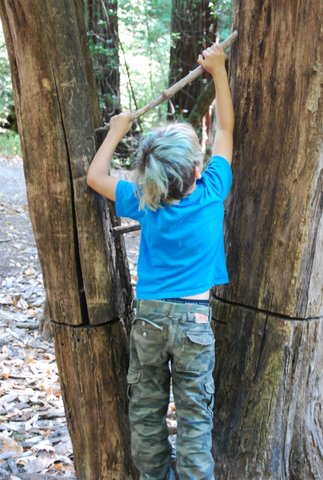
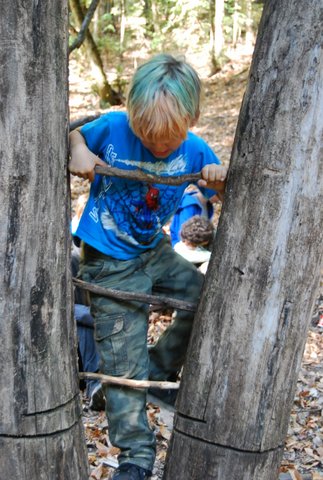
Along with the work of Stuart Brown, MD, and Robert Ditter PhD, Kenneth R. Ginsburg, MD, MS, Ed, Michael Thompson PhD, Anthony D. Pellegrini PhD, Peter K. Smith, PhD, Bessel Van Der Kolk M.D, Viktor Frankl, Daniel Coyle, Robert Ditter PhD, Stuart Brown, MD, Shawn Achor Ms, my own work, and of many others all show that free play is necessary for proper brain and physical development, social development, character development, interpersonal skills, complex problem solving, grit, can do mindset, success, and happiness later in life.
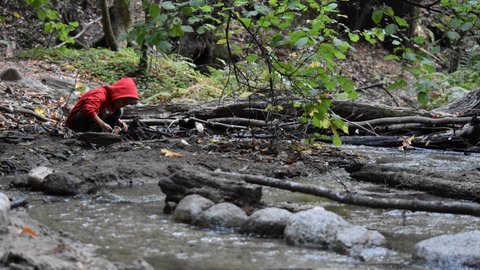
Along with the work of Stuart Brown, MD, and Robert Ditter PhD, Kenneth R. Ginsburg, MD, MS, Ed, Michael Thompson PhD, Anthony D. Pellegrini PhD, Peter K. Smith, PhD, Bessel Van Der Kolk M.D, Viktor Frankl, Daniel Coyle, Robert Ditter PhD, Stuart Brown, MD, Shawn Achor Ms, my own work, and of many others all show that free play is necessary for proper brain and physical development, social development, character development, interpersonal skills, complex problem solving, grit, can do mindset, success, and happiness later in life.
Happiness is a product of play, and free play and happiness is a habit and truly successful people are happy people that, on the most part grew up doing things that made them happy, they had time to play. Over the past 39 years of teaching and the past 18 years, we have emphasized the daily core routines of happy successful people in our own programs which in a large part is play.
AT NOLI, we walk the play talk; each Monday our students have at least 4 hours of continuous unstructured unguided free play and every other day of the week the days are broken up with at least 2 hours of unstructured and unguided free play. They have the autonomy to decide how to spend that time, rough and “stumble” play, free exploration of the forest and creeks, playing some game they make up; and the outcome? Parents tell us, “I don’t know what you did but my son is walking taller,” “ she is smiling again,” “I have gotten my child back”, “ my kids are physically and mentally more agile,” “The kids have their sparkle in their eyes again.” Yes, they walk taller, from a distance, they are easy to pick out of a crowd because they simply walk with authentic confidence.
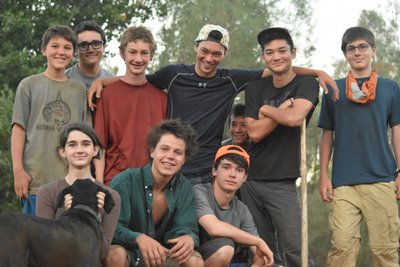
A walk in nature without a destination or intent? Rough and “stumble” play? Making up silly songs? Making up their own games; making their own rules? Shooting trap? Throwing a hatchet? Time, resources, and the autonomy to explore their own interest? Are we serious? Yes, we are! Adult intervention does not add value to free play and free play is much more valuable than worksheets and homework in the development of a successful adult. Yes our participants play hard but our experience is they also work hard on their academics and they are ready to learn, their time in learning skills is much more efficient. Learning is making connections in the brain and wrapping those connections with myelin. Let me say that again; learning is making connections in the brain and wrapping those connections with myelin. What a great learning environment does is eliminates everything that puts up roadblocks to making those connections and wrapping them with myelin. Play is an integral and necessary component to effectively make those wrapped connections and giving the brain active downtime after the brain reaches a point that myelin wrapping can no longer occur. After those few minutes of downtime, learning can resume quickly.
Furthermore, studies have shown that intervention during the play by adults can only take value away from the benefits of free play and does not enhance play. Let me say that a different way. Let kids play without giving them direction or rules, just let them play. We let them make their own rules and solve their own arguments.
If you are stakeholders in a kid(s) and you truly want the best education for them to become happy successful adults watch Dr. Stuart Brown TED talk and take a good look at what we do.
Undirected free play does not mean unsupervised time. The staff positions themselves at seemingly arbitrary boundaries up and down stream and around the edges of the meadow and in the forest. They’re close but not so close that the students feel their presence.
It is obvious when a kid is new to free play. At first they are awkward at running on uneven ground, go up to staff and ask if they can play some game and then awkwardly wait to have the staff person facilitate the activity, only to have the staff person tell them that they do not need any help to start a game.
The kids that have grown up in our programs tell the newer kids:
- That they can go into the forest but not so deep that they cannot see the meadow.
- They are not to go past the staff members that is sitting up and down stream.
- The campers are reminded that they are to repeat our return call when they hear it so that it is passed on, and that it means that they need to head back to where the creek crosses the trail.
- They are reminded how to go potty in the forest.
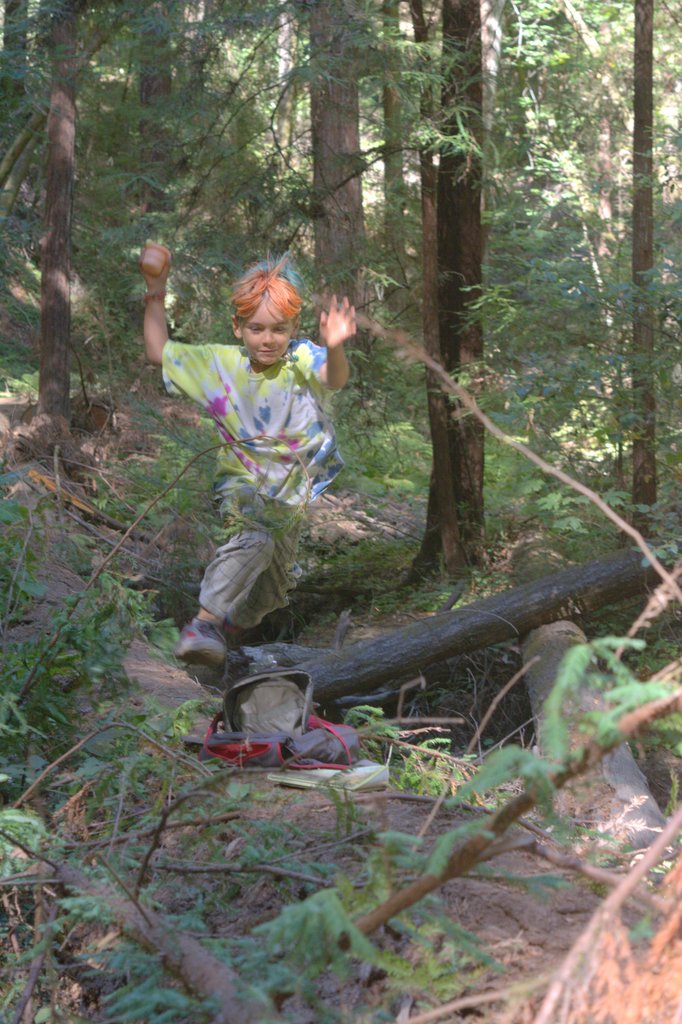
On the first day of a session the kids drop their rucksacks and run off like puppies that have been in a kennel too long. In time the returning participants explore, climb trees, build forts, make paint from the rocks in the creeks, take off their shoes and wade in the water looking for crayfish, skip stones, make up games, balance rocks, imagine, tumble, and develop games. The kids play the way our ancestors did from the beginning of man. Yet the kids that have never experenced big blocks of free play have to learn how to play. They learn from trial and error.
We count on the excitement of the moment, involving timeless, unstructured wandering. There is nothing to accomplish, nowhere to go. By just being present in the moment, curiosity gently leads the children wherever they go.
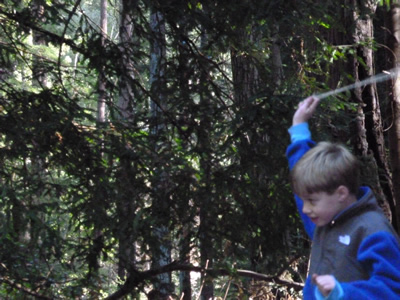
Please take a moment to read this section to be sure you understand our philosophy and why we choose to give our campers ample time to explore a creek, run up a hill and roll down it, or just use their imagination. We do not consider these activities to be wasted time. We firmly believe that many of the activities that take place during free play are the essential “work” of childhood.
In the January 2007 issue of Pediatrics*, Kenneth R. Ginsburg, MD, MS Ed., starts off:
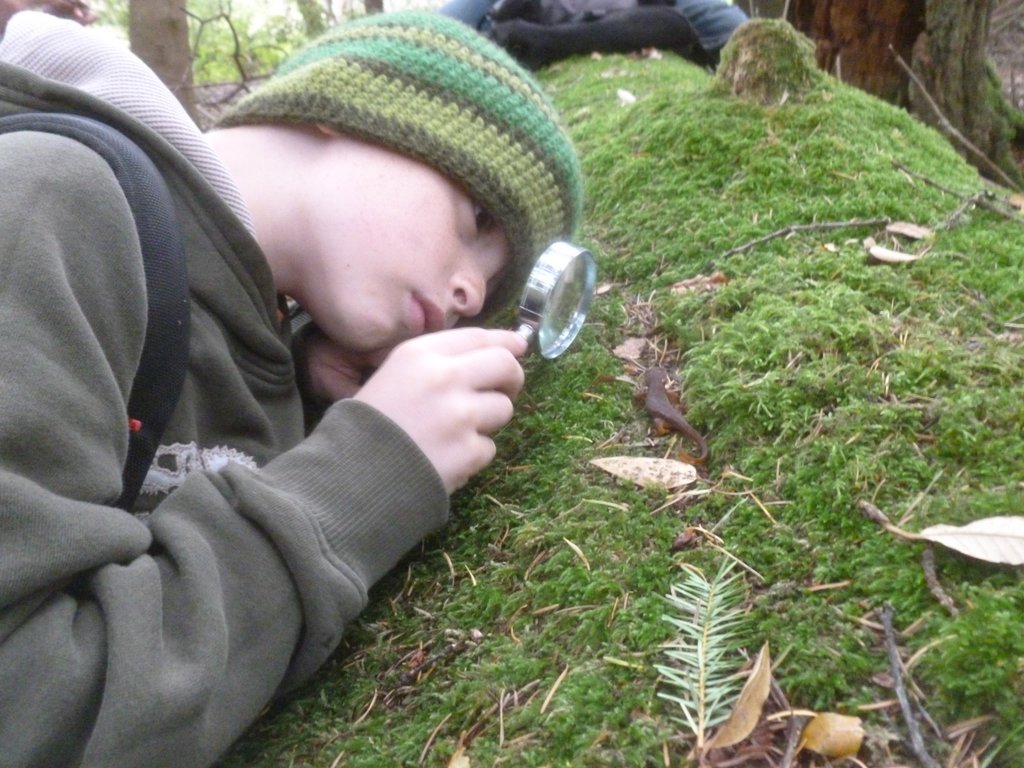
Play is essential to development because it contributes to the cognitive, physical, social, and emotional well-being of children and youth. Playing a directed game with learning objectives is not enough. Children need undirected self-initiated free play.
Undirected play allows children to learn how to work in groups, to share, to negotiate, to resolve conflicts, and to learn self-advocacy skills. When play is allowed to be child driven, children practice decision-making skills, move at their own pace, discover their own areas of interest, and ultimately engage fully in the passions they wish to pursue.
Tag games teach high level social problem solving and interaction skills, I will address this in a later post.
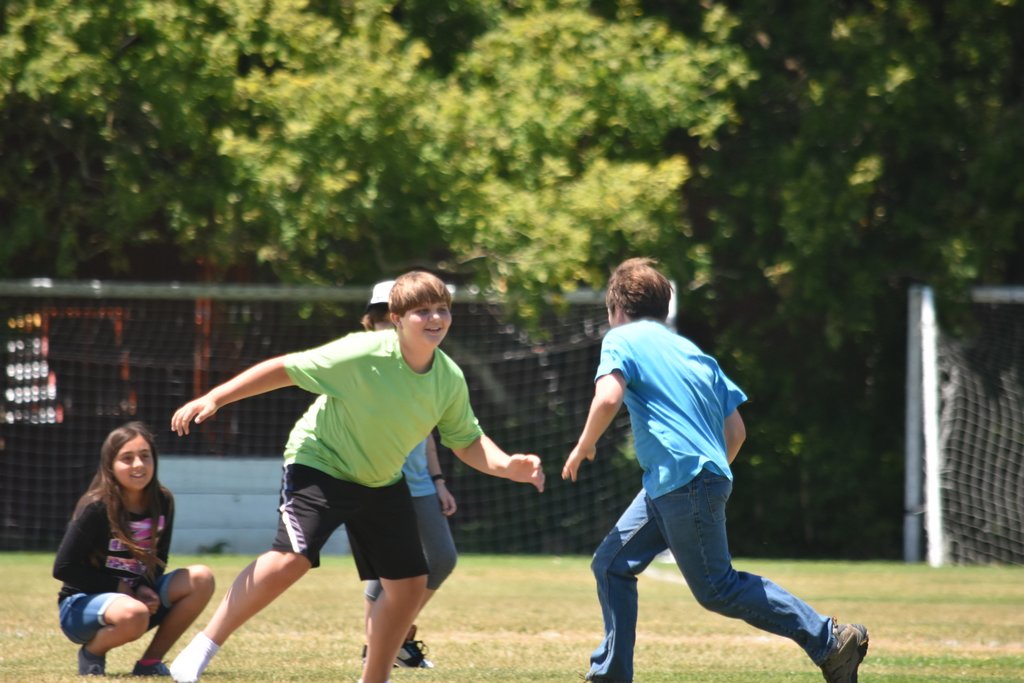
Make no mistake: free play is not free time for our staff. There are always staff people to make sure the kids stay safe, but we work at not hindering their play, creativity or imagination during this time.
At the end of the day in a group of 9 or less under the trees you will see the mentors ask the students what they did that day. They will not ask, “What did you learn today?” but rather “Who has something cool to share” They are given all the time they need to tell their story without interruption, interpretation, or judgment. With no other agenda but to hear the students’ story, they all get heard.
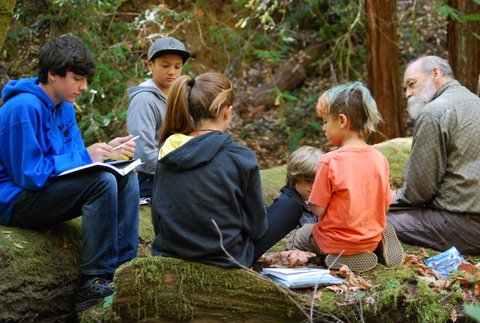
If a child tells a story about seeing a lizard, at the end of the story a mentor or a student might ask, “What color was it? Was it smooth or rough? What did the feet look like? How many toes did it have? Did it have ears? Was the tail bigger or smaller than the rest of the lizard? Were there any ticks on it; And so on. These questions help the student tap into their awareness. If they do not know any of the answers there is no judgment, however, there is more curiosity and the child will be very excited to tell what they saw the next time they see a lizard.
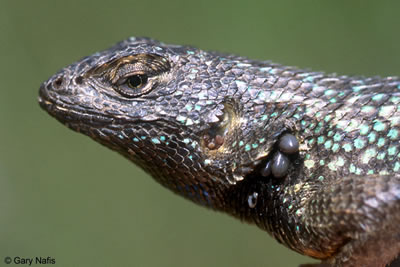
The staff will not point out a lizard and announce that it is a Western Fence Lizard, but will ask key questions. The next time the child sees the reptile there will be a different level of curiosity, when they see a field guide or Google at hand they will seek out answers to their guestions. Now they will be on the lookout for the particular lizard they saw. Other times the staff will just enjoy hearing about their adventures. At camp fire these kids will also be excited to draw the stories from the staff. This is the way that our ancestors learned 100 to 100,000 years ago. This is just one example of a journey a child may take in their wander.
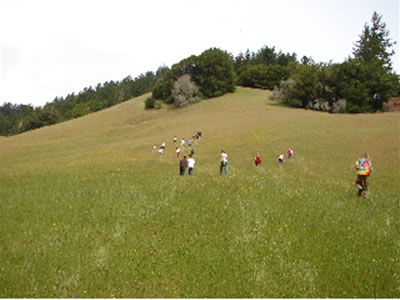
Check back here periodically for other stories of free play, wanders, and sit-spots.
*Volume 119, Number 1, January 2007 American Academy of Pediatrics, Kenneth R. Ginsburg, MD, MS Ed, and the Committee on Communications and the Committee on Psychosocial Aspects of Child and Family Health full text